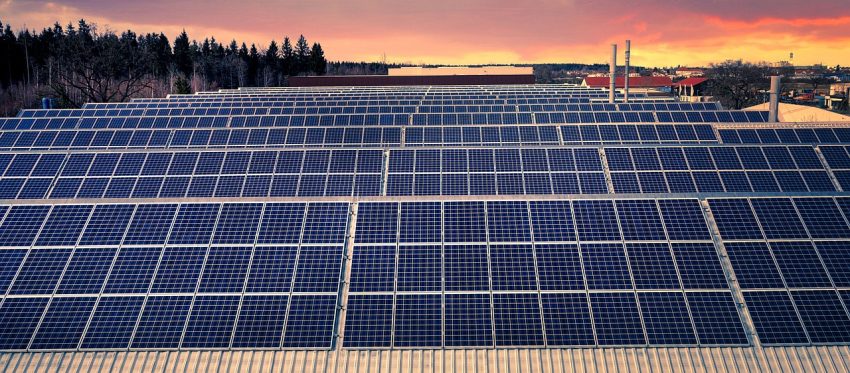Activists for renewables are horrified that rural America isn’t eager to have wind turbines or solar panels as part of its landscape. They’re blaming fossil-fuel industry “Astro-turf” groups for stirring up rural resistance.
In December, in a (paywalled) New Yorker piece, “From Climate Exhortation to Climate Execution,” Bill McKibben describes the work to be done to actually get solar and wind power in communities. The funds are there, he explains, because the “Inflation Reduction Act” has opened billions of dollars in subsidies. Now construction must begin.
But, according to McKibben, electric utilities and states aren’t eager to upgrade their facilities to take on more solar power. And communities seem resistant.
Why? McKibben claims that fossil fuel groups are trying to get rural Americans to resist solar power and wind turbines,.
“[F]ront groups sponsored by the fossil-fuel industry have begun sponsoring efforts to spread misinformation, crisscrossing the country with slide shows claiming that wind turbines routinely catch on fire, or lower property values, and that solar farms shed toxic chemicals into the water supply.”
He quotes a North Carolina solar developer, who says. “[T]here’s an increasingly organized opposition effort, and some of it is Astro-Turf stuff, no doubt.”
“Astro-Turf Stuff”
McKibben continues:
“He [the developer] mentioned Robert Bryce, who was formerly a senior fellow at the Manhattan Institute, which has taken millions of dollars from various Koch entities in the past decade. Bryce is now the custodian of the Renewable Rejection Database, which tracks defeats for clean energy across the country.”

Calling him an “Astro-Turfer” outraged Robert Bryce, a widely published writer on energy, who has written a lengthy rebuttal in RealClearPolitics.
“The gist of his 6,000-word piece is this: Congress has turned a firehose of federal tax credits—which as I reported in The Hill in August will total some $240 billion by 2031—on the renewable sector. Thanks to this tsunami of cash, wind and solar capacity should grow quickly so those sources can save us from climate change. But McKibben claims there’s a problem: a right-wing conspiracy (funded by the hydrocarbon industry and, of course, the Koch brothers) is stymieing the growth of renewables by infecting the minds of rural Americans and leading them to oppose big renewable projects in their neighborhoods.”
What about Astro-Turfing by Solar Promoters?
Whether or not “front groups” are forming grassroots organizations to fight solar and wind, the national solar industry is proud to form such groups in favor of solar. McKibben describes how an organization called “Solar United Neighbors” (sun) is going around the country. McKibben writes:
“sun has now helped organize three hundred and fifty group purchases [of land for solar panels] across the country, and the process now generally takes about eight months to complete.”
He quotes the head of sun, Anya Schoolman:
“First, we get invited into the community by local groups: environmental organizations or churches or maybe the League of Women Voters.” sun then conducts about three months of sessions in the community, explaining “the technology, what it costs, the policies that can make it more or less affordable.” (Those policies vary widely across the country, Schoolman says; in D.C., thanks to more generous subsidies, the payback time for a solar project can be three years; in Indiana, it’s eleven.)
Sounds like Astro-turfing to me.
Image is by Albrecht Fietz of Pixabay.


Does McKibben doubt that wind farms lower property values? Numerous pro-wind sites offer summaries of studies showing no impact on values and even increases in home values near wind farms. They don’t mention unbiased studies by real estate appraisers. I could cite considerable data, but isn’t the smell test enough?
Ask any friend, and be sure to include many liberal environmentalists (like the late Sen. Ted Kennedy) if given twin properties, they would pay more for one next to a wind farm or one out of sight and sound of a wind farm. One must allow, of course, for “outliars”.